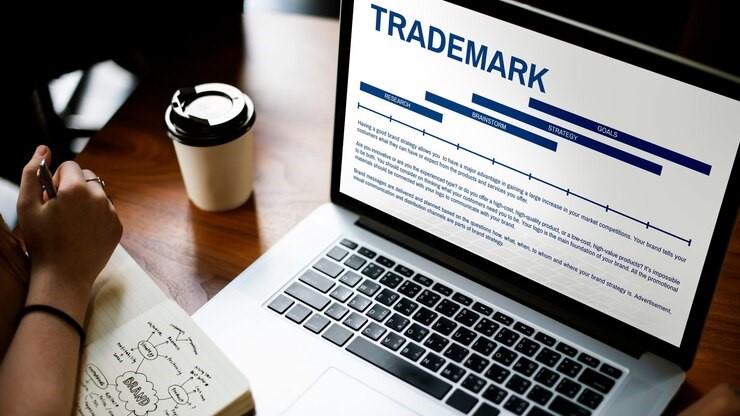
Trademark vs. Copyright Protection
Intellectual properties of a company cannot be used by others without prior permission; copyright and trademark registration helps you prevent violation of your intellectual property rights. But it is important to understand the basic difference between trademark and copyright; given below.
TRADEMARK
A trademark helps a customer to identify a brand from others in the market. The trademark could be the name of a brand, terms, symbols, logo, image or smell among other characteristics of goods and services that act as a distinguishing factor between brands. Following are a few examples of trademarks:
- Logo- ‘Jumping Cat’ of PUMA or “Swoosh” of NIKE
- Brand name- “Coca-Cola” or “Nike”
- Taglines- ‘Just Do It’ of NIKE or ‘Open Happiness’ of COCA-COLA
Trademarks are officially registered with The Trade Marks Registry under the Trade Marks Act, 1999 and the rules. You cannot claim ownership and protection of something as your brand’s ‘trademark’ if it hasn’t gone through the legal framework before use. After every 10 years, you have to get your trademark renewed otherwise it is removed from the Register of Trademarks.
COPYRIGHT
The Copyright Act, 1957 along with the Copyright Rules, 2013 protects literary, dramatic, artistic or musical work. The owner of the copyright can control how his or her work is reproduced or distributed among the audience. You should register a copyright for the following:
- Books
- Web Content/articles/blogs
- Songs/Movies/TV shows or advertisements
- Visual art like paintings or photographs
- Choreography or dance recordings
Copyright laws in India say that copyright comes into existence soon after it has been created. For copyright protection, you must apply for its registration with the Copyright Office.



